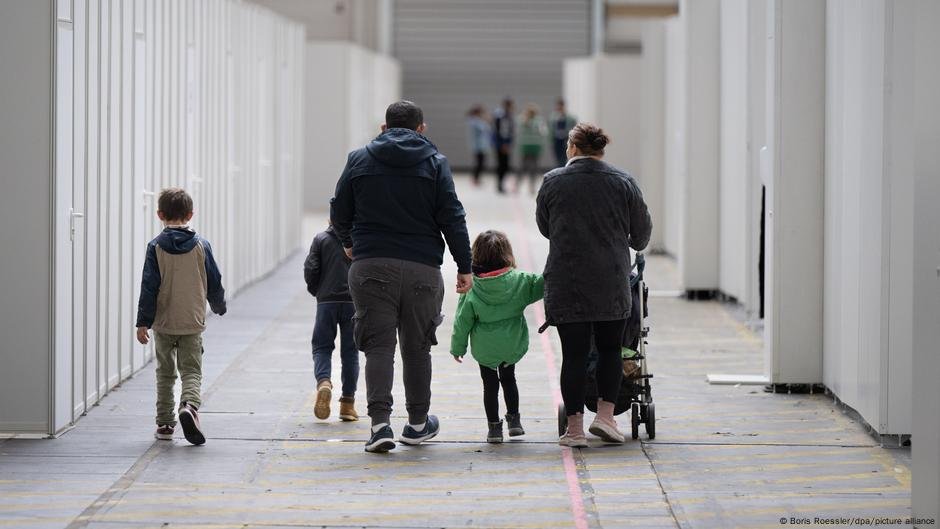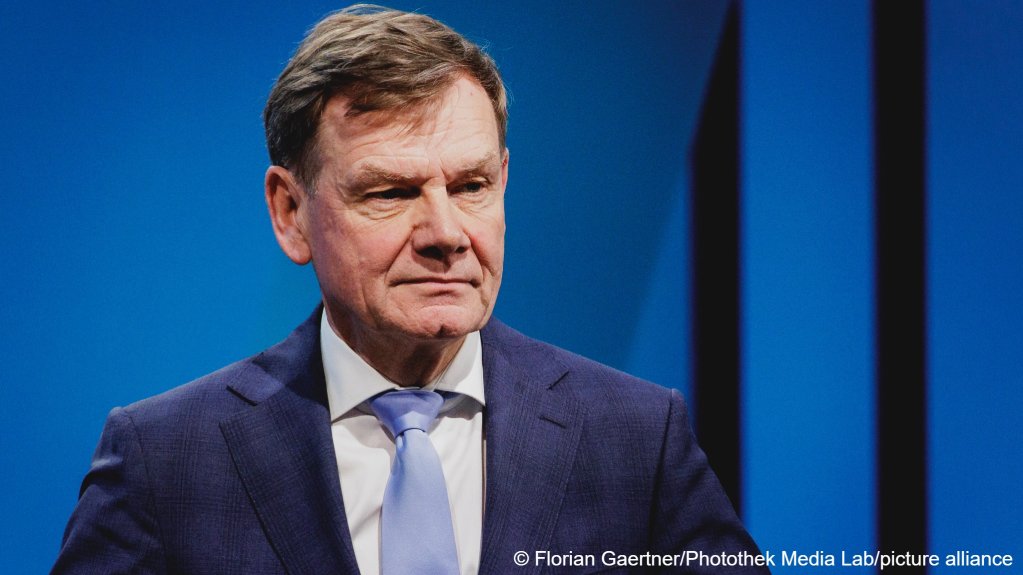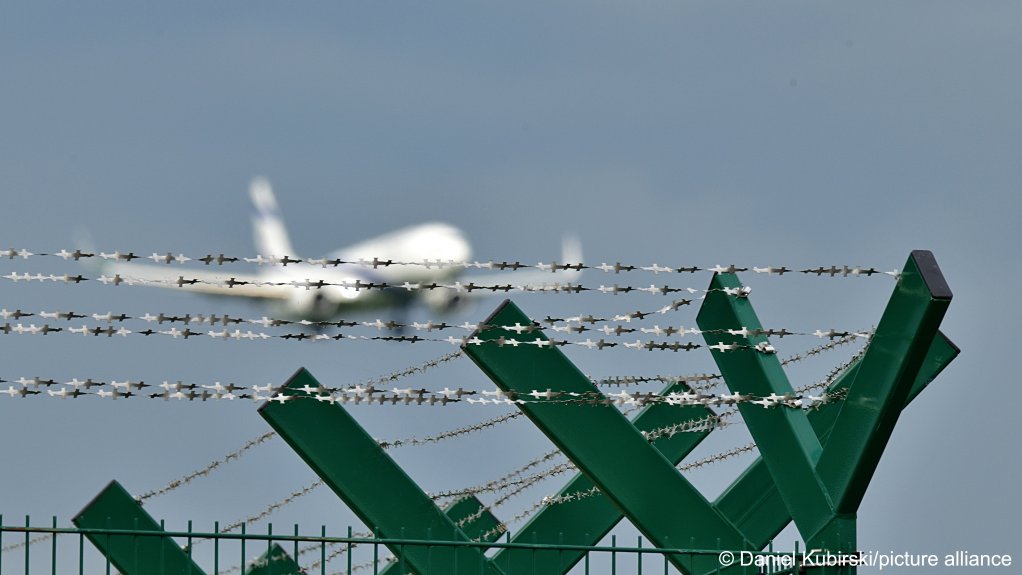German Foreign Minister Johann Wadephul is facing criticism from within his own party after his visit to Syria and remarks on the country’s extensive devastation, which he suggested would likely discourage Syrian migrants in Germany from returning. Critics argue that the scale of destruction in Syria should not influence decisions about migrant repatriation.
German Foreign Minister Johann Wadephul has come under criticism within his own party for his comments on the voluntary return of Syrian refugees to their homeland during his visit to Syria last week.
Günter Krings, the deputy chairman of the CDU/CSU parliamentary group in the Bundestag, has spoken out against Wadephul's comments about devastation in Syria.
The degree of war-related destruction in a country is not a suitable argument against "voluntary or compulsory return," Krings told the German conservative newspaper Bild.
During a visit to Harasta, northeast of the capital Damascus, Foreign Minister Wadephul had described its destruction as "reminiscent of the images we saw from Germany in 1945 after World War II." The area had a pre-war population of 30,000, and was almost completely destroyed during the years of bombardment.
"It is barely possible for people to live here with dignity," Wadephul noted during his visit, which drew criticism back home in Germany.
Krings argued that the Syrian civil war is over and that, in large parts of the country, it is reasonable for the vast majority of Syrians who have left to return. "After all, who is supposed to rebuild a destroyed country if not its own citizens?" he said.
"The spontaneous statement by the Federal Foreign Minister is quite obviously taken out of context if one wanted to give it any relevance for the upcoming and necessary repatriations to Syria," he added.
Read AlsoSyria: German foreign minister talks of Syrian returns

Syrians unlikely to return quickly, says Wadephul
After his visit to Syria, Wadephul expressed doubt that, given the massive destruction, large numbers of Syrian refugees would voluntarily return in the short term. He said he had never personally seen such extensive destruction before.
"The Syrian people are suffering terribly…Anyone who stays with us and contributes to our society and works to integrate will continue to be welcomed," Wadephul said.
The foreign minister clarified that deportations of Syrian migrants in Germany would apply only in "very few exceptional cases of truly serious criminals," and that the ministry is in contact with the Syrian Foreign Ministry regarding the repatriation of individual serious criminal offenders.
Sven Schulze, the Minister of Economic Affairs and Sachsen-Anhalt's CDU leader, said he could not understand Wadephul's statements. He argued that a strategy must be developed to ensure the rapid return of refugees.
"A country that is partially destroyed and has worse living conditions than Germany is no reason not to work on this," Schulze said.
Read AlsoGermany: Court denies asylum for 'safe' Syrian wa

'No doubt serious criminals should be deported'
Meanwhile, amid the controversy, CDU Secretary General Carsten Linnemann described the dispute as a "sham conflict" on German media ARD's Bericht aus Berlin.
Government spokesman Stefan Kornelius also called the dispute a sham conflict in comments to Bild. He stressed that the federal government is working to stabilize Syria quickly to create conditions for refugee return.
"Stabilization and return are two sides of the same coin," Kornelius said, while affirming that the government has "no doubt that serious criminals should be deported, as the foreign minister clearly stated in Damascus."
Chancellor's Office Minister Thorsten Frei told Deutschlandfunk that Wadephul had merely reported on the situation he observed in Syria. "It is indeed the case that we are working to stabilize the situation in Syria, naturally with the aim of enabling people to return there," Frei said.
Read AlsoMore Syrians returning to Syria from Germany but numbers still low

Syrian refugees risk losing protection if they return home from Germany
Meanwhile, an Interior Ministry spokesman announced in Berlin on Friday that Syrian refugees traveling and making visits to their home country from Germany risk losing their protection status.
"The Federal Interior Ministry has decided against facilitating trips back home for Syrians without effects on their protected status, following thorough consideration," the spokesman said in response to a question.
The previous government had considered allowing refugees to travel to Syria to prepare for a possible permanent return. Turkey has implemented a similar arrangement for its Syrian refugees. At the time, Interior Minister Nancy Faeser supported the idea, which had been proposed by the Foreign Office, but it was not implemented before the new center-right government took office in May.
Under current rules, Syrians may retain protected status after traveling home only in exceptional cases, such as visiting a dying family member in Syria.
Following the toppling of Syria's Bashar al-Assad in December, the German migration and refugee authority suspended all decisions on Syrian asylum applications, with exceptions made for criminals, potentially dangerous individuals, and cases where another EU country is responsible.
With dpa and AFP
